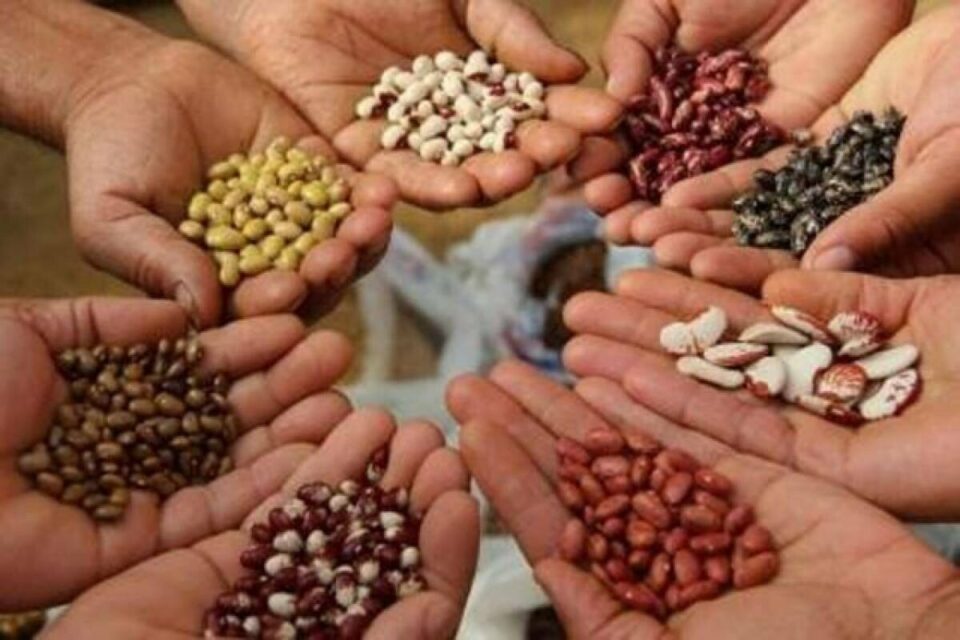Pakistan’s Agriculture Faces a New Binding Constraint: The Seed Sector
September 22, 2025
Agriculture has always been the backbone of Pakistan’s economy, but its growth now faces a serious challenge: poor seed quality. While land and water have long been considered the country’s two binding constraints, experts warn that seeds are fast becoming the third.
High-yielding, climate-resilient seeds are essential for improving crop productivity. History proves this — the Green Revolution of the 1960s and 70s was fueled by breakthroughs in new wheat and rice varieties. Yet Pakistan’s seed sector has struggled to keep pace, leaving farmers exposed to poor harvests, rising costs, and unreliable seed performance.
How Poor Seeds Hurt Farmers
Substandard seeds are one of the major reasons behind the collapse of cotton production. In 2014-15, Pakistan produced nearly 14 million bales of cotton. By 2024-25, this had dropped to just 7 million bales.
The problem is not limited to cotton:
-
Hybrid rice farmers faced heavy losses last year when imported seeds failed under extreme heat, leading to a sharp decline in rice cultivation.
-
Maize growers reported germination and grain formation problems with varieties sold by major multinationals, further straining farmer incomes.
Such failures point to weak regulatory oversight and a seed market where quality control is inconsistent.
Too Many Varieties, Too Little Guidance
Another issue is the over-approval of crop varieties. In the past five years alone, the Punjab Seed Council approved:
-
54 new cotton varieties
-
21 wheat varieties
-
30 rice varieties
This flood of new options has overwhelmed farmers. Even progressive growers struggle to choose the right seeds, while extension workers cannot possibly master the production technology of so many varieties. The result? Farmers fall back on generic practices instead of crop-specific techniques, limiting yields.
Why Stricter Standards Are Needed
Pakistan’s agricultural landscape has grown more complex. Climate change, water scarcity, and rising fertilizer costs demand that new seed varieties be tested under real conditions.
-
For rice and maize, varieties should be tested in the hottest districts (Rahimyar Khan, DG Khan, Jacobabad) during May and June when temperatures regularly exceed 45°C.
-
Varieties must also be low-input responsive, allowing farmers to cope with high fertilizer prices and water shortages.
-
Beyond yields, focus should shift toward bio-fortified crops that improve nutrition, such as the zinc-enriched wheat variety Akbar-2019.
Should Pakistan Move to Truth-in-Labelling?
Some experts argue that Pakistan should adopt a Truth-in-Labelling (TIL) system, where seed quality is guaranteed by the producer rather than through lengthy government approvals. While this approach has worked in some countries, Pakistan’s weak regulatory system raises concerns that it could open the door to further abuse without strong oversight.
What Needs to Change
Governments often respond to agricultural crises with credit schemes for farmers, but these quick fixes rarely work. Farmers end up borrowing for seeds and inputs, only to suffer losses when crops fail — leaving them unable to repay loans.
A sustainable solution lies in long-term investment in the seed sector. This means:
-
Strengthening regulatory oversight
-
Limiting approvals to only high-quality, climate-resilient varieties
-
Supporting adaptability trials across diverse environments
-
Promoting nutrient-rich crop varieties for food security
Final Word
Pakistan’s agriculture will not achieve its full potential until the seed sector is fixed. Without reliable, high-performing seeds, farmers cannot boost yields, incomes, or food security. If policymakers are serious about reform, building a strong seed system must be their top priority.

